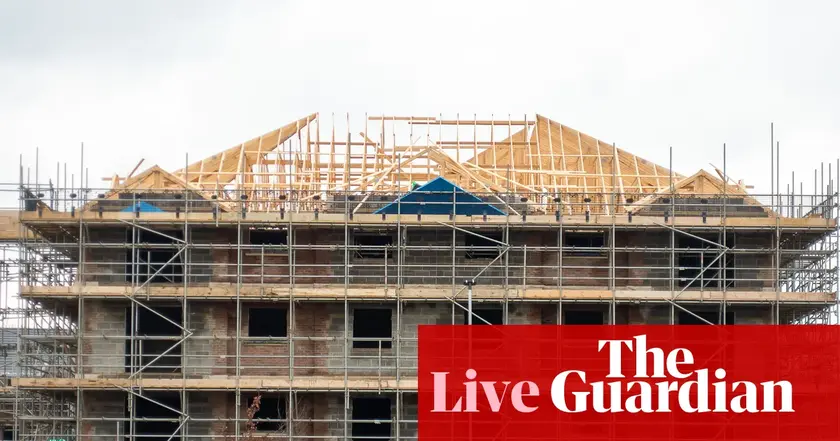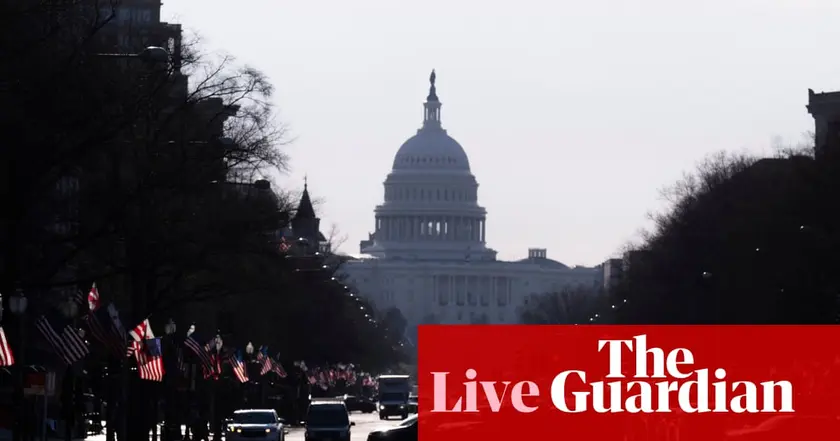T4K3.news
Rics reports steep fall in new rental listings
Britain sees the sharpest drop in new rental listings since Covid, signaling rising rents as demand stays steady.

Britain's monthly survey shows a sharp drop in new rental listings, signaling a potential rise in rents as demand remains steady.
Rics flags steepest fall in new rental properties since Covid
Britain's rental market saw the fastest fall in new listings since the first Covid lockdown, the July 2025 Rics Residential Market Survey shows. Demand from tenants remains steady, but landlords are slow to bring new properties to market. With fewer fresh stocks, analysts expect rents to rise over the next three months. Hamptons data also showed a 0.2% year on year drop in the average rent on newly let properties in July, helped by lower mortgage rates.
The report also notes softer demand for homebuyer inquiries in July, signaling a softer market after a busy early summer. Knight Frank argues the forthcoming renters rights bill is prompting landlords to sell, which could shrink supply further. Bank of England rate cuts have reduced borrowing costs to about 4%, but policy splits and the chancellor’s autumn budget keep expectations fluid and leave the market vulnerable to sudden moves.
Key Takeaways
"Although interest rates were lowered at the latest Bank of England meeting, the split vote has raised doubts about both the timing and extent of further reductions."
Simon Rubinsohn on Bank of England policy
"The era of runaway rents isn't over yet."
Sarah Coles on rent dynamics
"Shrinking supply is one unintended consequence of the forthcoming renters rights bill."
Tom Bill on policy impact
Supply constraints are the core story. If landlords pull back to avoid tighter possession rules, the stock of available rentals shrinks further, feeding a cycle where higher rents chase too few homes. The trend could endure even if mortgage rates wobble, because landlords are weighing policy risk as well as prices.
Policy and politics are the tail that could wag the market. The renters rights bill, along with an uncertain autumn budget, creates incentives to sell or hold off, leaving renters with fewer options. In that tension, the market looks less like a simple balance of supply and demand and more like a political weather vane that moves with policy signals.
Highlights
- Supply is tightening faster than expected.
- Renters face a market that prices risk.
- Policy chatter now moves the market more than rate cuts.
- The rent story will be written by holdings and policy.
Policy and budget risk to rental supply
The renters rights bill and autumn budget discussions could push landlords to sell, reducing supply and potentially triggering rent increases.
The market will test policy and patience in the months ahead.
Enjoyed this? Let your friends know!
Related News

Housing market shows fresh weakness

UK construction activity sees sharpest drop in five years

Rate Buydowns Create Hidden Costs for Homebuyers

July 2025 Services PMI indicates slow growth

Democrats accuse Trump of harming job growth

Canada imposes measures against new US tariffs

Stock markets fall sharply after Trump tariff announcement

British rents dip in first five years
